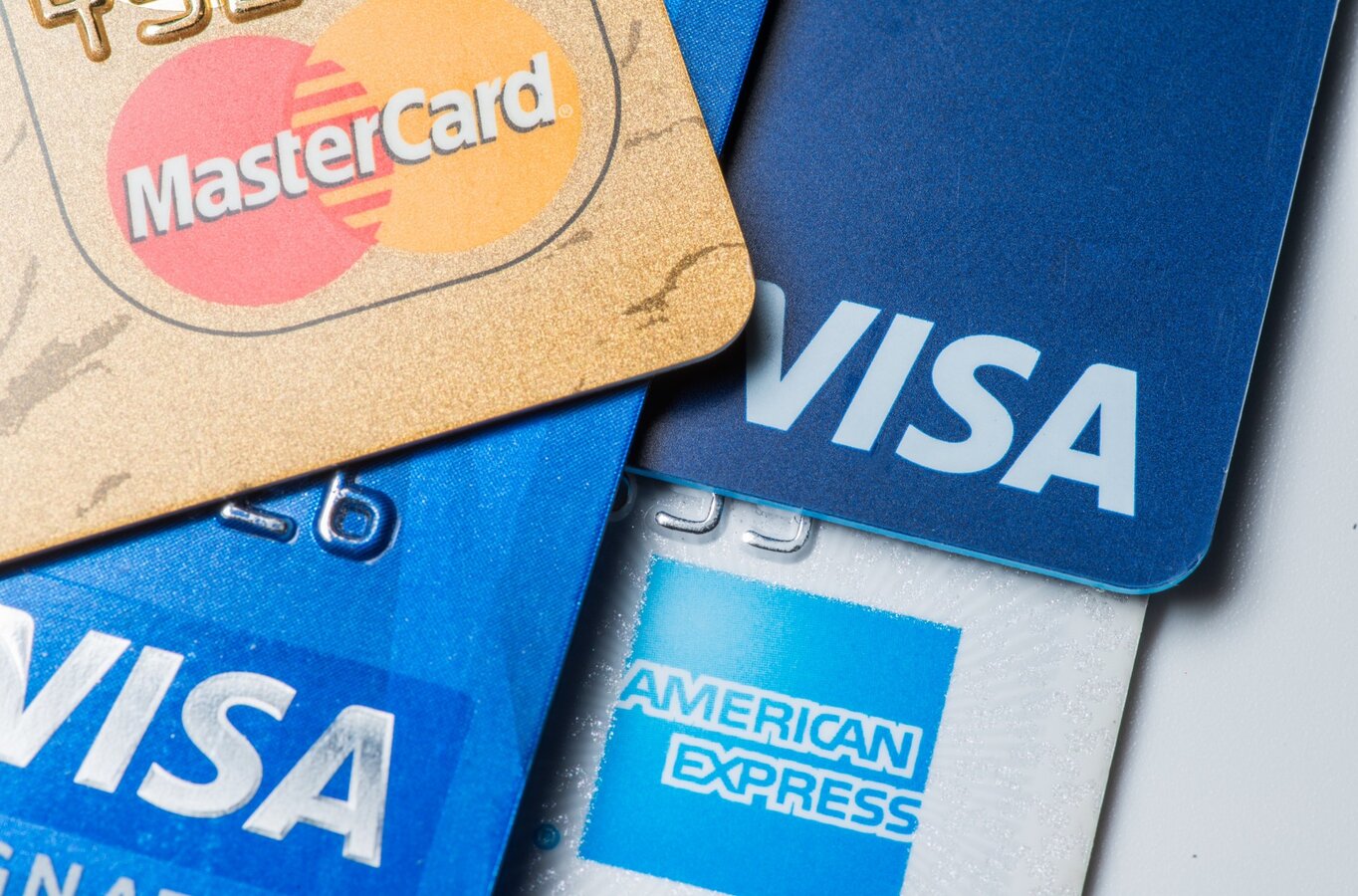In recent news, the long-standing legal battle between merchants and credit card giants Visa and Mastercard has reached a significant settlement. This agreement, which has been in the works for years, aims to address the interchange fees charged by these companies and their impact on businesses and consumers alike. In this blog post, we’ll break down what this settlement means, how it affects merchants and consumers, and why it matters in the broader context of the payments industry.
What Are Interchange Fees?
Interchange fees are the costs charged by credit card networks to merchants for processing card transactions. Typically, these fees are a percentage of the transaction amount plus a fixed fee. For example, if you purchase a $100 item, a merchant might pay around $2 to $3 in interchange fees. While these fees help facilitate transactions, they can also add up, particularly for small businesses that operate on thin margins.
The Legal Background
The legal disputes surrounding interchange fees date back to 2005, when a group of merchants filed a lawsuit against Visa and Mastercard, alleging that the companies had engaged in anti-competitive practices by setting high interchange fees. Over the years, the case has seen various developments, including a class-action lawsuit representing millions of merchants. The recent settlement, reached in 2023, has been hailed as a pivotal moment for both merchants and consumers.
Key Aspects of the Settlement
- Financial Compensation: The settlement includes a substantial monetary compensation package for affected merchants, estimated to be in the billions. This payment is intended to reimburse businesses for the high interchange fees they have paid over the years.
- Fee Structure Changes: Visa and Mastercard have agreed to implement changes to their fee structures. This includes potential reductions in interchange fees for certain types of transactions, especially those involving small businesses and debit card transactions.
- Increased Transparency: One of the settlement's goals is to enhance transparency in interchange fee structures. Merchants will receive clearer information about the fees they are charged, making it easier for them to understand and manage their payment processing costs.
- Future Commitments: Visa and Mastercard have made commitments to ensure that their practices align with competitive standards. This includes ongoing monitoring and potential adjustments to their policies to foster a more equitable environment for merchants.
Implications for Merchants and Consumers
For merchants, this settlement represents a long-awaited victory. The financial compensation and potential reduction in fees could provide much-needed relief, allowing businesses to invest more in growth, employee wages, and customer service. Smaller businesses, in particular, stand to benefit the most, as they often bear a heavier burden from high interchange fees.
For consumers, the impact may not be immediately visible, but it can lead to positive changes in pricing and services. With merchants saving on transaction fees, they might be more inclined to pass those savings onto consumers in the form of lower prices or improved services.
The Broader Context
This settlement is part of a larger trend in the payments industry, where increasing scrutiny on interchange fees and merchant practices is reshaping the landscape. Regulatory bodies and consumer advocates are pushing for more fairness and transparency in how payment processing is handled, which could lead to further reforms in the future.
Conclusion
The Visa and Mastercard interchange settlement is a landmark decision that promises to reshape the relationship between merchants and credit card networks. While the immediate financial relief for businesses is a significant win, the broader implications for the payments industry could foster a more competitive environment. As the dust settles, both merchants and consumers will be watching closely to see how these changes unfold in the coming years.
Stay tuned for more updates on this topic and other developments in the payments industry!

